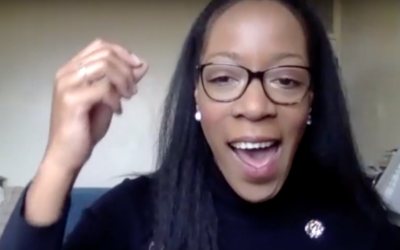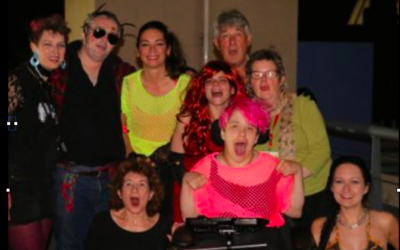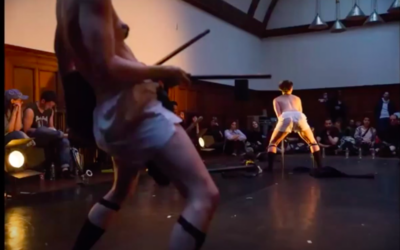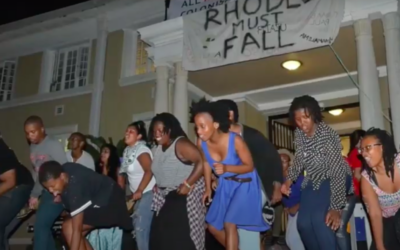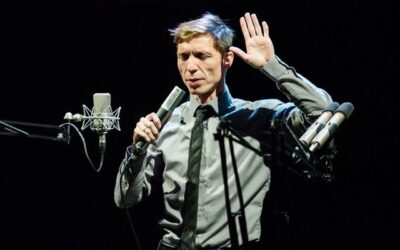As we remake, demolish and rebuild our institutions – especially following a year like 2020 marked by global vulnerability and a push towards a decolonisation of our entire institutional infrastructure – how might we expect to chisel the terms ‘listening’ and ‘hearing’ within the confines of the legal institute? What might this operation yield?
The words and sounds we have and the words and sounds we need are not the same words, and work in voice and education has an (institutional) responsibility to find them or invent them. As Fred Moten teaches us in his meditation on the moan in his pivotal In The Break: ‘new word, new world’ (2003: 211).
Most explicitly and forcefully into the voice=power debate, The Unspoken Project’s Laboratory on The Voice Monologues (2018) addresses the issue of voicelessness in Alternative and Augmented Communication (AAC) users: if we insist on living by the idea of voice as capacity to exist and act in the public sphere, what of those who are born without one?
Finally into hardcore political speech and its debilitating performativity, Nic Green’s performance Cock and Bull (2015) shows up how words are stones, starkly exposing through seriality and repetition the violence of political speech and its effects on everyday life: Green explains her reasons behind and methods for dismantling the language of the UK Conservatives 2012 conference in fine detail in her Laboratory, and leaves the listener/viewer with a set of haunting earworms we might all want to make sure we have ringing in our ears next time we walk into a polling station.
The show is an intuitive journey through iconic speeches which, because of its use of intuition (a word used by Dhaenens himself) manages to get under the skin of how the story of how history has crystallised into our memories. Again ‘sensing’ is a key word here: through this work and others, via a process of listening and re-voicing that has its starting point in intuition, Dhanaens sets on fire the centrality of feeling in how we come to understand our canonical history, geopolitical events, dominant cultures, wars, and the oratory practices that have given them a language.
Works Cited
Moten, Fred (2003) In the Break: the Aesthetics of the Black Radical Tradition, Minneapolis: University of Minnesota Press.
Nancy, Jean-Luc (2007) Listening, trans. Charlotte Mandell, New York: Fordham University Press.


